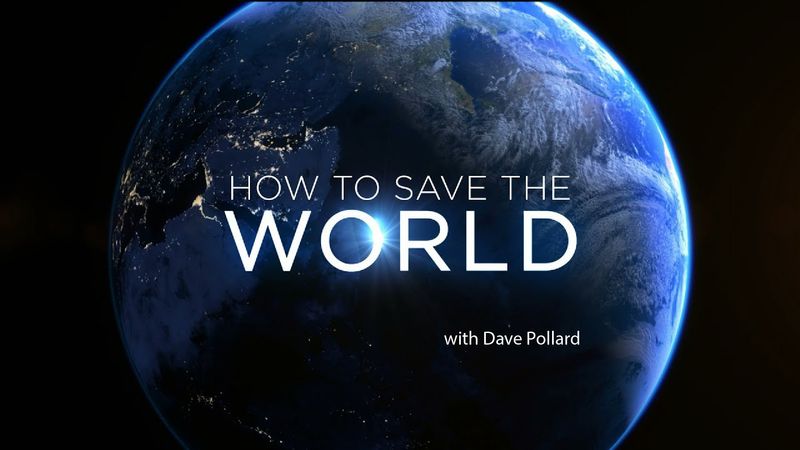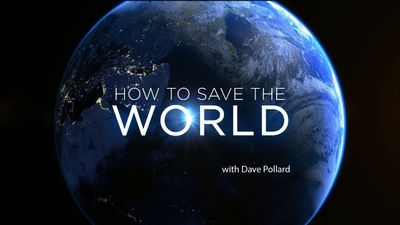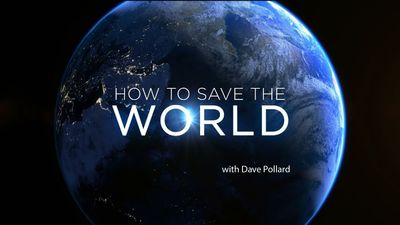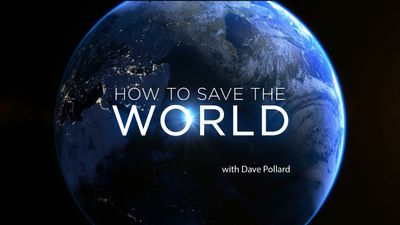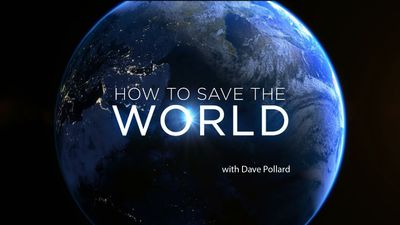The New Feudalism
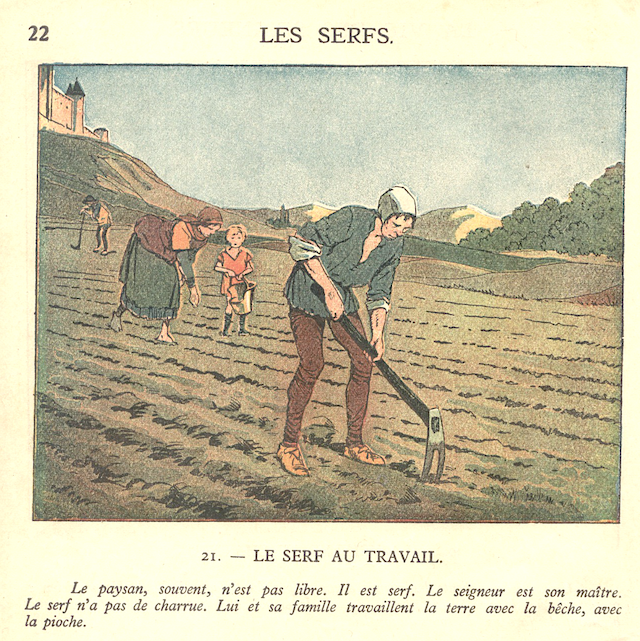
Feudalism is an ancient political and economic system that is a natural outgrowth of societies suffering from massive inequality of wealth and power. The words feudal and fief both come from the old Germanic term meaning “property”, “cattle” (chattels), or “capital”. The system entails giving the lower, working castes the right to retain a small part of the harvest that comes from their labour on the ruling castes’ property. The modern system of rents is directly descended from feudalism. So is the modern system we call capitalism.
In such a system, the moneyed castes rarely need to compete among each other for the services of lower caste labourers — in a growing population, there are always more labourers than there is work to do. In most cases, the result is a system of involuntary and indentured servitude: You have no choice but to work for the upper castes, or starve, and your allegiance is secured by a contract with severe legal consequences if its terms are breached. In the modern system, this is arranged by ensuring the lower castes live in shoddy houses with large mortgages, and are forced to work to make the enormous monthly payments back to the ruling castes on these mortgages, or the enormous rents, which are fixed by the upper castes to ensure the continuing precarity of the working castes. In past times, the cost of default was a lifetime of unpaid labour in a debtor’s prison. Nowadays, the cost of default is to find yourself and your family living in the streets, begging. The system constantly reminds the working castes that they are only a month or two away from beggary, so they had better behave.
As in earlier times, almost no one moves from the working castes to become part of the ruling castes. While the myth that this is possible is entrenched in many ancient and modern fables (think: Cinderella), the truth is that there is essentially no “upward” or “downward” mobility in the caste ranks — you will die in the caste you, and your parents, were born into. There have been exceptions, the most notable being the so-called merchant castes that have arisen from time to time who were able, by exploiting weaknesses in the capitalist system, to steal, borrow, or marry their way into enough wealth to break through the clay ceiling.
The most remarkable of these is the man who is arguably at once the biggest business failure and the most incompetent national leader in the entire history of the human race. Thanks to his father’s money, and lack of inter-caste mobility, even he is seemingly incapable of falling out of the ruling castes.
The ruling castes have always enjoyed the self-delusion that they are better than the lower castes, and have been afforded their privilege because of their competence or the will of the gods. In ancient times they amused themselves by waging wars against other ruling cast fiefdoms, and by intermarrying to ensure the grievances between them didn’t jeopardize their positions. The modern ruling caste chiefs use the myth of representative democracy to con the working castes into believing their ability to choose between two ruling caste members actually gives them some say in the running of the political and economic system.
And once “elected”, the ‘leaders’ proceed to amuse themselves by waging wars against other ruling cast fiefdoms, allegedly on behalf of freedom and democracy and the gods. This has not changed in ten thousand years.
Other members of the ruling castes used to amuse themselves by getting involved in the senior priesthood, the military, or the arts. Again, nothing has changed, except the activities that the idle ruling caste members engage in with almost singular incompetence now include running business empires, or launching themselves into space as “new pioneers”, heroes in their own minds. The media, paid for by the ruling castes, know better than to question their role in promoting and lauding such adventures. The Emperor’s new gown is wonderful, your Highness.
The holy grail of the ruling castes has always been Empire — an empire so strong and so vast that there are no members of the ruling castes that have not either been subsumed into it or, if need be, obliterated. In business, the term Empire is also used, and its idealized form, which has only recently become officially legal to aspire to, is called monopoly. What could be happier than having all the ruling castes sharing all the world’s wealth according to some private agreement, and hence having all the working castes with no choice but to do exactly what they’re told — to labour for the benefit of the ruling castes and retain a pittance to keep them from penury — obedient from the day they are born to the day they die?
In both business and political affairs, the final stepping stone towards monopoly or empire is oligopoly or oligarchy. Tellingly, the term oligarch (meaning a member of a small colluding clique that governs with absolute power), is used to describe both business and political cliques, since their membership is often interchangeable and since together they are the de facto rulers in almost every country in the world today.
But that last step is slippery. Even the most arrogant oligarchs are nervous when so much political and economic power is held in so few hands. It only takes a few oligarchs, a little more psychopathic than the rest and delirious with the drug of power, to turn on the others and upset the plan for absolute Empire and monopoly.
If you look at the political realities in the world today, you have two main types of power structure (outside of perhaps Scandinavia, there are almost no outliers left):
- Pseudo-democracies where a small number of parties, all controlled by and financed by oligarchs of the country’s ruling castes, make meaningless promises to the working castes while redistributing ever more power and wealth from the working castes to the ruling castes.
- Autocracies where a single, usually psychopathic ‘strong man’ leader rules indefinitely through intimidation, financed by oligarchs of their and other countries’ ruling castes in return for the right to pillage all their resources.
And if you look at the economic realities in the world today, you only have one type of power structure — in each industry, an oligopoly of 3-6 global mega-corporations buys out or crushes any competitors, uses their financial power to control the political ‘leaders’, lobbies to endlessly deregulate their industry, and ‘encourages’ the political leaders to ‘privatize’ more and more of government’s activities and wealth to the mega-corporations.
The political and economic oligarchs and oligarchies are indistinguishable and often move back and forth between the two realms of power.
This is what untrammelled capitalism has led us to. We now have multi-billionaires with the wealth and power of medium-sized nations. We now have two kinds of fiefs — the political ones and the economic ones. But the working castes pay fealty to both. And both use their power to steal more and more from the working castes. And so, the Gini index — the wealth, income and power gap — between rich and poor continues to soar.
What we are living under today is a modern form of feudalism, with a new veneer but the same workings underneath. Your labour pays for the lords’ yachts and space adventures. Your taxes finance their endless wars. It’s doubtful that the serfs of medieval times thought that their lot in life was fair or just; it was what they were born into, the only life they’d ever known or could imagine.
Nothing has changed in ten thousand years. The wage slaves toil on, thinking that life is often unfair and unjust, but incapable of imagining any other way to live, except perhaps if they were to win the lottery. And meanwhile, the ruling castes, oblivious to their privilege and responsibility, go on destroying the planet and subjugating and oppressing the rest of the human and more-than-human life upon it.
We are a strange species. We know we have precipitated the sixth and most rapid extinction event in the history of the planet. But we just get up each day, talk about who slapped who on TV last night, and think about where we’d like to go when the pandemic’s over.
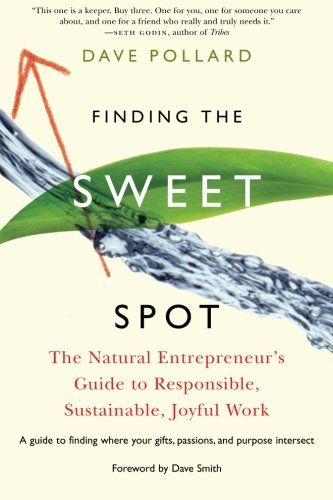
Finding the Sweet Spot: the natural entrepreneur's guide to responsible, sustainable, joyful work
"Now what am I going to do?" is a question many people ask—and leave unanswered—at critical potential turning points in their careers. Perhaps you’re a new graduate, but instead of lining up for a boring entry-level job at a big corporation, you wish you could start your own sustainable and responsible business

